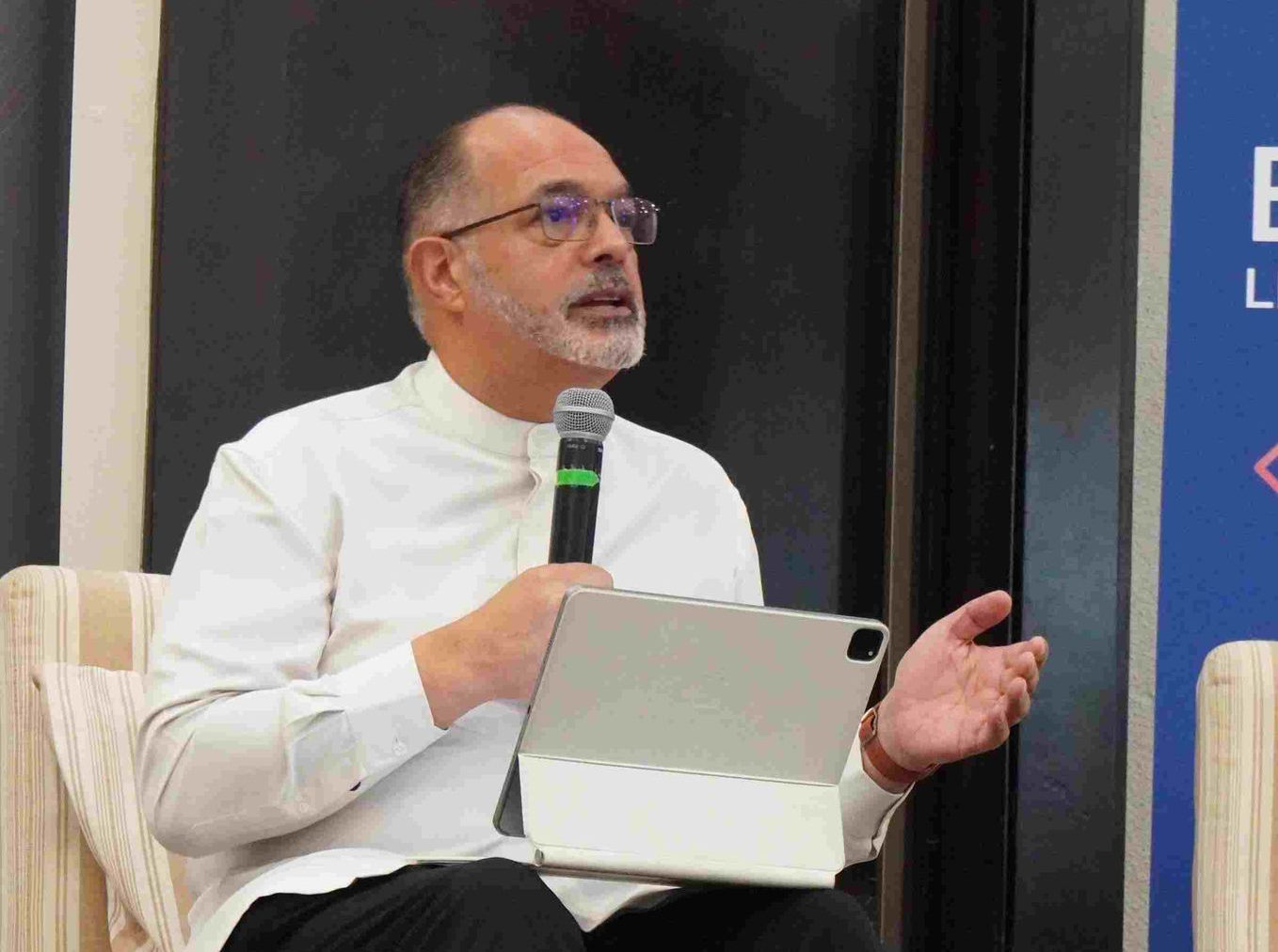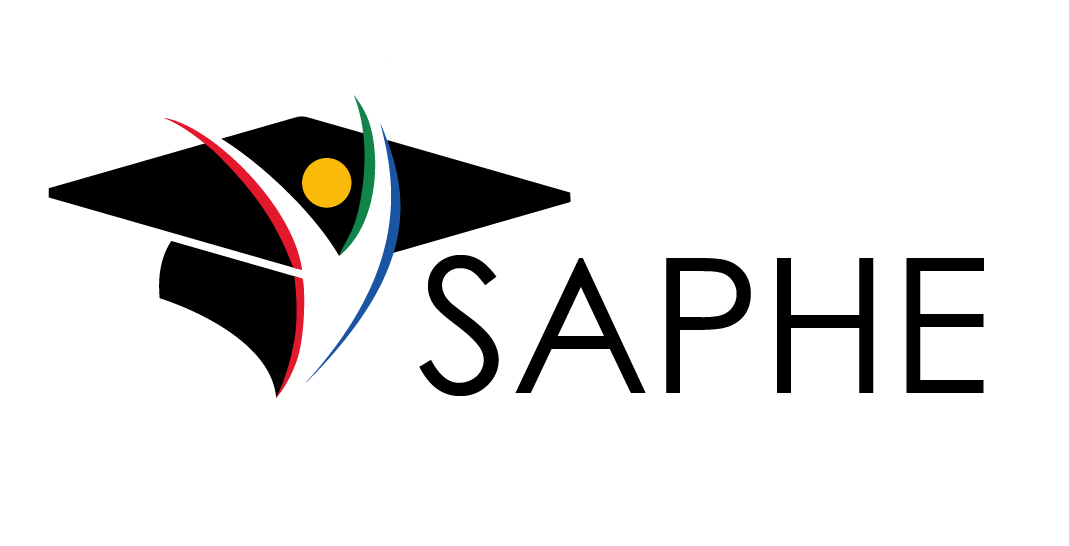PHEIs play a growing role in research
The private higher education sector has witnessed remarkable growth over the past decade. Between 2010 and 2021, private higher education institutions saw a remarkable 156.6% surge in student enrolment. According to the report "Statistics on Post-School Education and Training in South Africa: 2021", released by the Department of Higher Education and Training (DHET) this year, private higher education institutions (PHEIs) now account for nearly 18% of the total number of student enrolments. However, their contribution to the country's research output has been notably more modest.
While no recent statistics are available regarding the research outputs of PHEIs, it is safe to conclude that the current status of research at PHEIs in South Africa remains relatively limited. However, as the PHEIs sector develops and matures, and given that PHEIs are known for their relevance and close ties to industry, the sector can significantly enhance its contribution to national research in the future.
We have approached a few SAPHE members to provide their insights on the current research landscape at PHEIs, as well as the challenges and opportunities that private providers encounter in the realm of research.
Current research landscape at PHEIs in South Africa
Dr Tinaye Chivizhe, Head of Programme: Law at Eduvos believes the research landscape PHEIs is undergoing a transformational phase and that private institutions are making substantial strides in in this area.
Says Dr Chivizhe: “We are witnessing a surge in research activity, driven by a commitment to innovation and knowledge advancement. Research is more focused on providing innovative solutions to industry challenges. The evaluation of research output is shifting towards assessing whether published articles are of practical use to industry, given that practical experience sometimes outpaces academic knowledge. Private institutions are carving their niche by focusing on emerging interdisciplinary areas, and are known for their agility and responsiveness to societal needs.”
Roelanie Boersema, Quality Assurance Officer at AROS, concurs that research within the private Higher education sector is growing. This growth is likely due to many PHEIs having reached a stage in their development where teaching and learning are well-established, freeing up more resources for research. AROS encourages academic staff to pursue further qualifications up to the doctoral level and promotes research for publication purposes, whether in journals, books, or conference presentations.
While funding for research at PHEIs often remains limited, Boersema advises that it must be wisely allocated to best support knowledge development in focus areas that are relevant to the institution and national interest. She suggests that by focusing on research within an institution's niche areas or specialised qualifications, the national body of knowledge can expand, keeping institutions at the forefront of their respective fields.
Nonetheless, the challenge of securing adequate resources and funding for research remains a prominent concern. Prof Elmarie Sadler, Dean: Research, Internationalisation and Community Engagement at Stadio, believes that research outputs may remain relatively low due to limited incentives and a lack of subsidies from the NRF or the government.
Opportunities and challenges
Dr Chivizhe highlights that PHEIs have the advantage of flexibility in shaping research agendas and responding swiftly to market demands. They can establish robust industry partnerships and seize opportunities for impactful research that addresses societal needs. However, challenges include resource allocation, cultivating a research-oriented culture, and gaining national and international recognition.
Unlike public universities, which often receive substantial government funding, private institutions rely heavily on tuition fees and external partnerships for financial sustenance. Consequently, private institutions must carefully balance limited budgets while striving to meet escalating demands for research infrastructure, faculty support, and student engagement. Dr Chivizhe suggests that actively cultivating strong relationships with industry partners, securing grants from governmental and non-governmental organisations, and fostering alumni engagement can enhance financial capacity for research initiatives.
Private institutions are working to establish their research identity, a challenge compared to public institutions with established historical legacies and a broader public perception of academic excellence. Dr Chivizhe believes that publishing in academic journals and participating in high-impact conferences can help private institutions carve out a distinctive research identity and gain recognition in the sector.
Contributors to advancing knowledge
Prof Sadler suggests a way that PHEIs can establish themselves as significant contributors to the advancement of knowledge is by supporting and introducing high-quality postgraduate qualifications and offering bridging programmes for students who cannot access public institutions.
Another strategy to put the spotlight on PHEIs contribution towards knowledge generation would be to showcase experienced and innovative researchers within private institutions. Boersema believes the forthcoming SAPHE conference can serve as a platform for researchers to showcase their work.
Offering another perspective, Dr Chivizhe highlights the opportunity for private institutions to engage in impactful research that offers innovative solutions and influences policy-making.
Cultivating a dynamic research environment
Moreover, collaboration often sparks innovative research and assists in cultivating a dynamic research environment. To achieve this, Prof Sadler suggests hosting webinars, appointing supervisors from public universities and industry for postgraduate qualifications, and inviting stakeholders to Research and Academic Conferences.
Collaboration through internal networks, research centres, cross-disciplinary research group and external partnerships would also serve to nurture such an active research environment, emphasises Dr Chivizhe.
Aligning research agendas with national needs
South Africa's unique sociopolitical context presents specific research priorities and, therefore, PHEIs’s research agendas should also be considerate of the nation's needs.
Prof Sadler stresses the need for constant collaboration and awareness of national research and industry research agendas. She says establishing and participating in stakeholder committees for various industries can be pivotal in this regard.
Dr Chivizhe advocates for inclusive research that prioritises addressing societal inequalities, historical legacies, and economic disparities. Policy engagement and research that respects and integrates indigenous knowledge systems and diverse cultural perspectives are essential components of inclusive research.
Future growth
From the responses it is evident that PHEIs in South Africa are witnessing a growth in research activities. While they face some challenges, they have the advantage of flexibility, industry partnerships, and the potential for impactful research and establish themselves as significant contributors to advancing knowledge in the HE sector and country.



